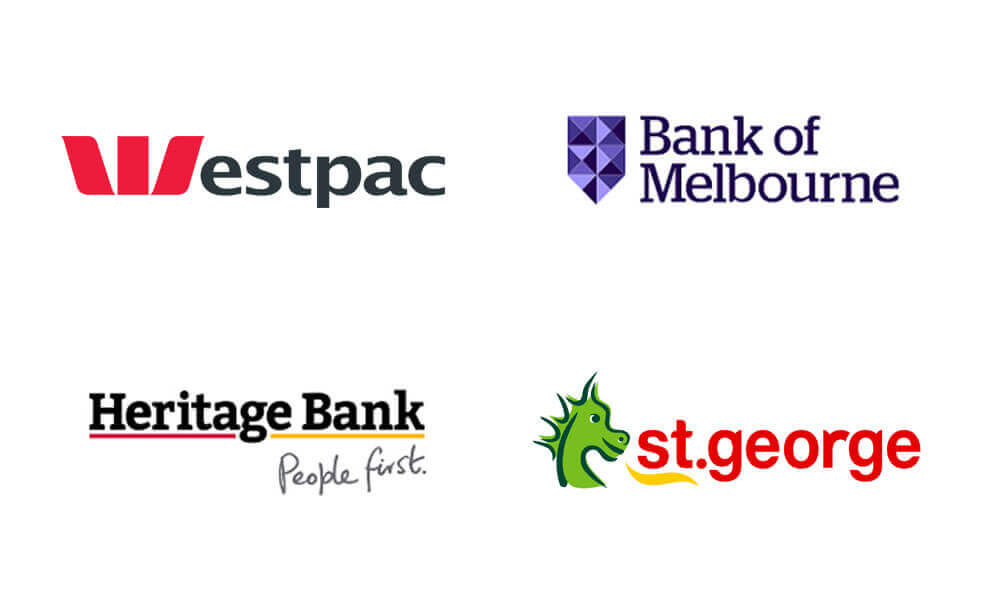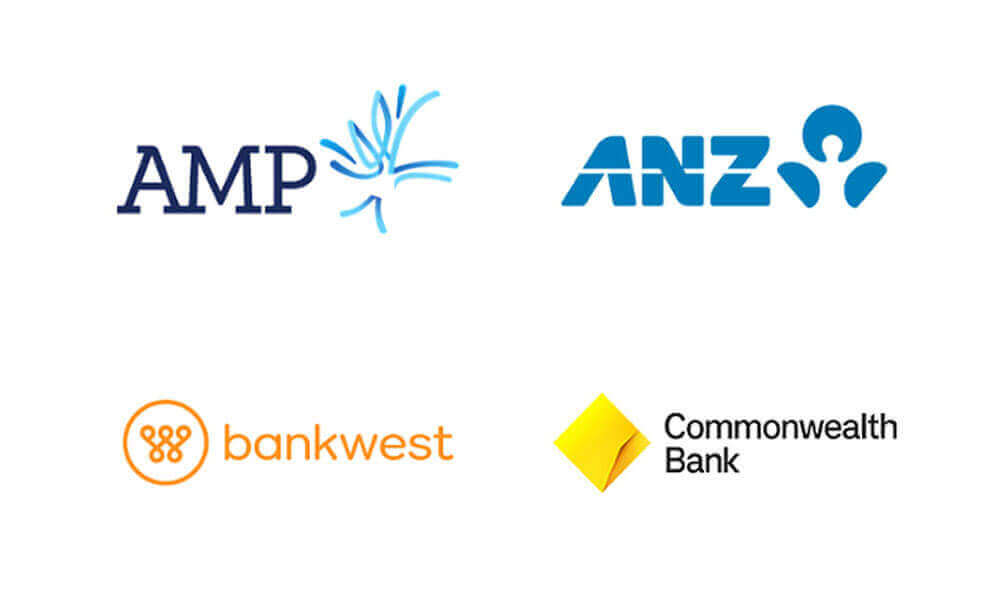
Time for a Change of Scenery for 2023?
According to a study conducted by Real Insurance, more than 2 in 5 people have either considered…

The equity in your home can be used to secure finance for a variety of things. It might be a home extension. An investment property. A new car or another big-ticket purchase.


Knowing how to use your equity effectively and making it work for you could be an invaluable wealth-building tool.
Let’s look at what equity is, how it grows and how you can access it.
Equity is the proportion of your property that you actually own. In other words, it’s the difference between the market value of your property and your loan balance.
Let’s say your property’s market value is $400,000 and you owe the lender $220,000. Your total equity is $180,000.
Then there’s your useable equity. Banks will typically lend you 80% of the value of your home, minus what you owe on it.
In the scenario above, your useable equity would be the value of your property at 80%, $320,000, minus your mortgage of $220,000 = $100,000.
In some instances, you may be able to borrow more if you take out Lenders’ Mortgage Insurance.
The property’s value increases
If your property goes up in value, so too will your equity.
Your debt decreases
Another way to grow your equity is to pay down your mortgage.
By decreasing the amount you owe the lender, the proportion of the property you own will increase.
You can potentially help reduce your debt quicker by:
Refinance
If you need a large amount of money, for example, for a deposit for your next property, you may consider refinancing to unlock your equity.
This involves taking out a new loan to pay off your old mortgage, with some money left over – that is, your equity.
To find out how much equity you have, your property will need to undergo a valuation. The bank will consider the property’s current market value, your income, expenses and debt levels when assessing your application.
Top-up your loan
Increasing or topping up your existing loan could allow you to unlock extra funds.
Your lender will consider the amount of equity in the property and your current financial circumstances when deciding whether you’re eligible for a top-up loan.
Remember to budget for any increase in your repayments as a result of topping-up your loan.
Other options
If you need funds for smaller renovations, a line of credit may be the way to go.
Lines of credit allow you to access your equity up to an approved limit.
Other options like redraw facilities may also work for you. These give you the ability to access any additional repayments you’ve made on your loan above the minimum amount.
Equity is an extremely useful resource and it’s important to understand how you could be using yours to grow your wealth and achieve your lifestyle goals.
To get started, give us a call today to talk through how you can unlock your equity – we’re here to help!

According to a study conducted by Real Insurance, more than 2 in 5 people have either considered…

Sorting through bundles of receipts to work out your allowable deductions isn’t anyone’s idea of…
Yes, that’s right. You pay zero, zip, nada.
1st Street’s premium service comes at no cost to you! 1st Street is paid by the lender when your loan settles, however, this will not affect your interest rate or loan fees! It is often more cost-effective for a mortgage broker to process a loan rather than the lenders processing it themselves in-house. In fact, we often find that we can save you money by negotiating on your behalf.
Use our online calculators to work out how much you can borrow, loan repayments, stamp duty and lots more.






